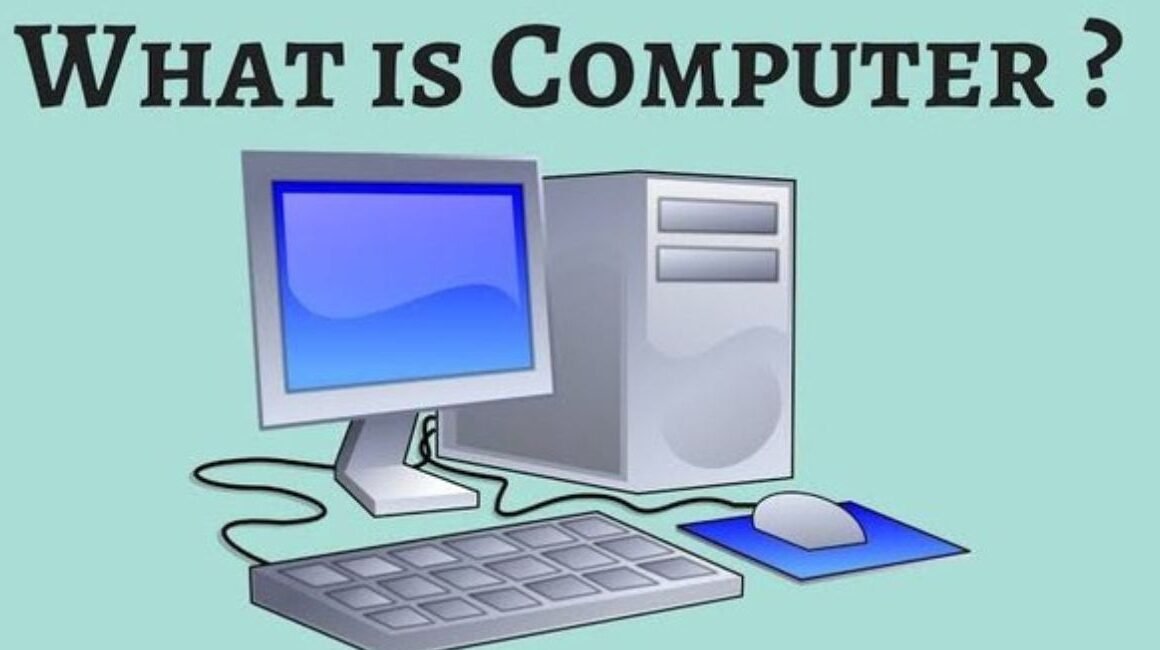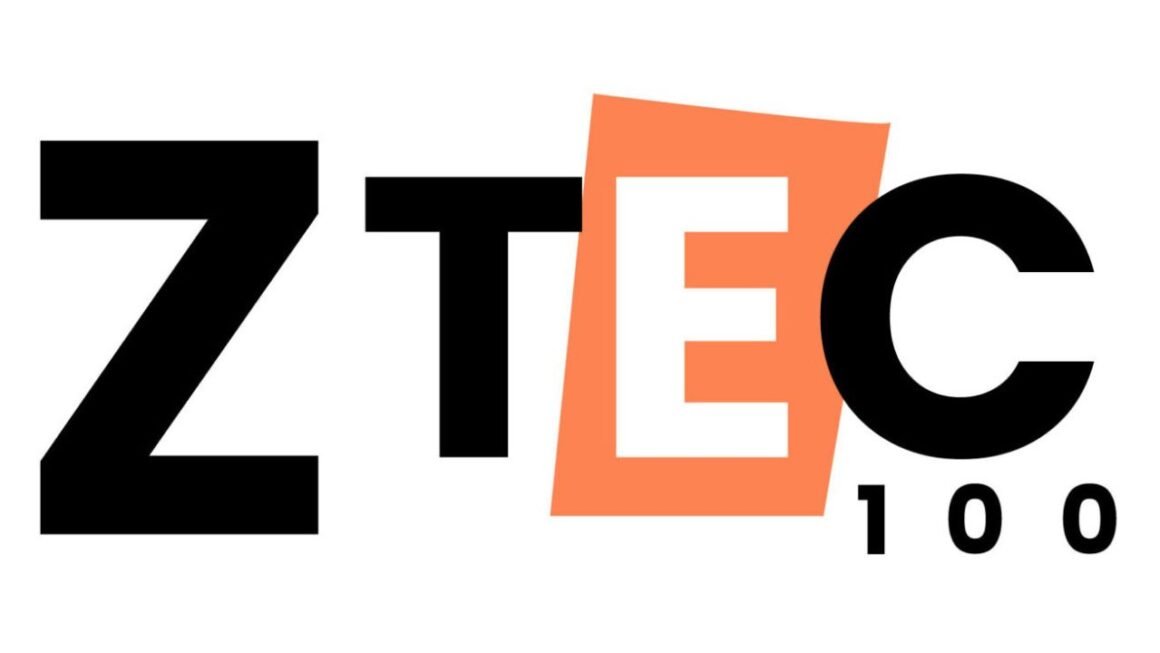A computer is an electronic device designed to manipulate data and perform a variety of tasks. From simple calculations to complex simulations, computers have become an indispensable part of modern life. This article will delve into the various aspects of computers, their history, components, and their impact on society.
Introduction to Computers
A computer can be defined as an electronic device that processes data according to a set of instructions called a program. These instructions can be stored and retrieved, allowing the computer to perform a wide range of tasks. The primary functions of a computer are to accept data (input), process data, produce output, and store results.
Historical Background
1. Early Developments
- Abacus: One of the earliest devices used for computation. It dates back to 2400 BC and was used for basic arithmetic calculations.
- Mechanical Calculators: Invented in the 17th century, these devices could perform addition and subtraction. Blaise Pascal and Gottfried Wilhelm Leibniz were notable inventors in this era.
2. The Advent of Modern Computers
- Charles Babbage: Known as the “father of the computer,” Babbage designed the Analytical Engine in the 1830s. It was the first conceptual design of a general-purpose computer.
- Alan Turing: His work during World War II led to the development of the Turing machine, a theoretical device that laid the groundwork for modern computers.
3. Generations of Computers
- First Generation (1940-1956): These computers used vacuum tubes for circuitry and magnetic drums for memory. They were large, expensive, and consumed a lot of power. Examples include the ENIAC and UNIVAC.
- Second Generation (1956-1963): Transistors replaced vacuum tubes, making computers smaller, faster, and more reliable. The IBM 1401 is a notable example.
- Third Generation (1964-1971): Integrated circuits (ICs) replaced transistors, further reducing size and cost while increasing performance. The IBM System/360 series is an example.
- Fourth Generation (1971-Present): Microprocessors introduced, leading to the development of personal computers (PCs). Intel 4004 was the first microprocessor.
- Fifth Generation (Present and Beyond): Characterized by artificial intelligence (AI) and machine learning. These computers are designed to mimic human decision-making.
Components of a Computer
1. Hardware
- Central Processing Unit (CPU): Often referred to as the “brain” of the computer. It performs calculations and executes instructions.
- Memory:
- RAM (Random Access Memory): Temporary storage that provides quick access to data for running applications.
- ROM (Read-Only Memory): Permanent storage for critical system instructions.
- Storage Devices: Used to store data permanently. Examples include hard drives, solid-state drives (SSD), and optical drives.
- Input Devices: Allow users to interact with the computer. Examples include keyboards, mice, and scanners.
- Output Devices: Display or produce the results of computer processes. Examples include monitors, printers, and speakers.
2. Software
- System Software: Includes operating systems (OS) like Windows, macOS, and Linux, which manage hardware and software resources.
- Application Software: Programs designed for specific tasks, such as word processors, web browsers, and games.
Types of Computers
1. Supercomputers
- Definition: Extremely powerful computers used for complex scientific calculations and simulations.
- Applications: Weather forecasting, nuclear simulations, and scientific research.
2. Mainframe Computers
- Definition: Large, powerful systems used by organizations for bulk data processing and enterprise applications.
- Applications: Banking, airline reservations, and government data processing.
3. Personal Computers (PCs)
- Definition: Computers designed for individual use. They are versatile and affordable.
- Types: Desktops, laptops, and tablets.
4. Embedded Systems
- Definition: Specialized computers integrated into other devices to perform specific tasks.
- Applications: Automobiles, home appliances, and industrial machines.
Impact of Computers on Society
1. Education
- E-Learning: Computers have revolutionized education through online courses and digital classrooms.
- Research: Access to vast information and powerful tools for research and analysis.
2. Healthcare
- Medical Records: Efficient management and access to patient data.
- Diagnostics: Advanced imaging and diagnostic tools powered by computers.
3. Business
- Automation: Streamlining operations and increasing efficiency through automated processes.
- E-Commerce: Growth of online shopping and digital payment systems.
4. Entertainment
- Gaming: Development of immersive and interactive video games.
- Media: Creation, distribution, and consumption of digital content.
5. Communication
- Internet: Facilitates global connectivity through email, social media, and video conferencing.
- Mobile Devices: Smartphones and tablets provide on-the-go access to information and communication.
Future of Computers
1. Artificial Intelligence (AI)
- Machine Learning: Systems that learn and adapt from data.
- Applications: Autonomous vehicles, predictive analytics, and natural language processing.
2. Quantum Computing
- Definition: A new paradigm that leverages the principles of quantum mechanics to perform complex calculations at unprecedented speeds.
- Potential: Solving problems currently intractable for classical computers, such as cryptography and complex simulations.
3. Internet of Things (IoT)
- Definition: Network of interconnected devices that communicate and share data.
- Impact: Smart homes, industrial automation, and enhanced healthcare monitoring.
Conclusion
Computers have transformed every aspect of modern life, from how we work and communicate to how we learn and entertain ourselves. Understanding the history, components, and types of computers helps us appreciate their impact and potential. As technology continues to evolve, computers will play an even more integral role in shaping the future.


